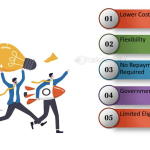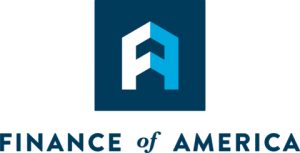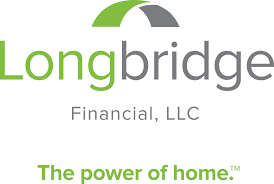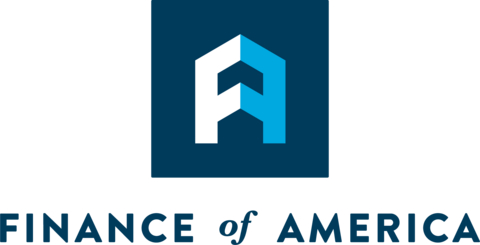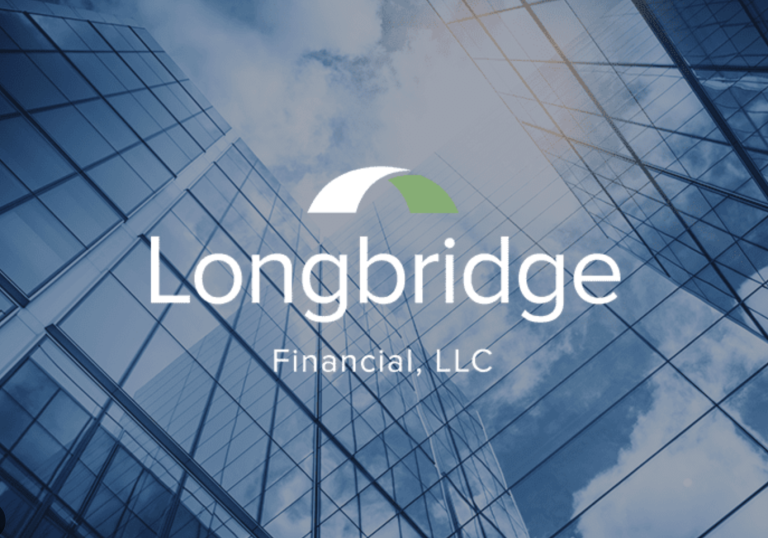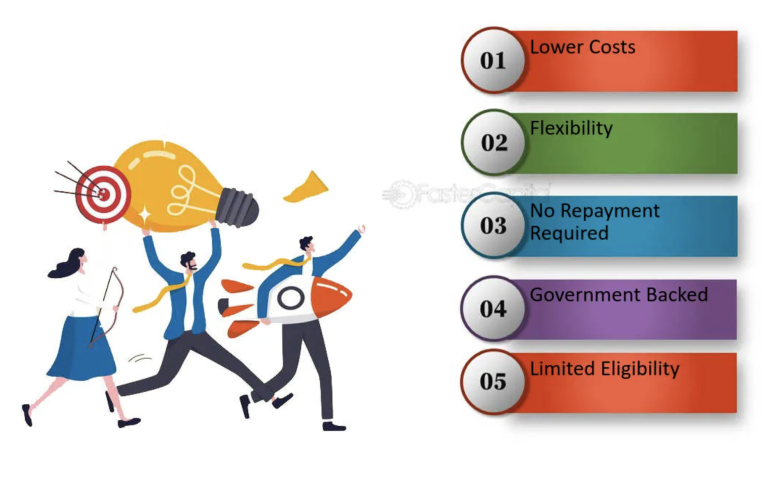In the realm of retirement planning, the concept of compound interest has long been associated with starting early to reap its maximum benefits. But what about those who find themselves late to the savings game, facing economic challenges, stagnant wages, or rising living costs? Is the idea of compound interest still viable for retirees and latecomers looking to secure their financial future?
The answer, although nuanced, offers intriguing possibilities.
Compound Interest for Late Savers Michael Hammelburger, a certified financial advisor and CEO of Bottom Line Group in Baltimore, believes that the fundamental principle of compound interest remains relevant for late savers.
“While it’s true that starting early allows for a more extended period of compounding, this doesn’t mean late savers can’t benefit from it,” he stated. “Each year of compounding can contribute to the growth of their savings. The key is to initiate the process as soon as possible and maintain consistent contributions.”
Hammelburger suggests these steps for late savers:
- Increase savings contributions to compensate for the shorter time horizon.
- Establish automatic transfers to savings accounts to ensure regular contributions.
- Identify opportunities to reduce unnecessary expenses and allocate those funds to savings.
- Consult a financial advisor to create a tailored savings and investment plan aligned with your goals and circumstances.
“Even if someone starts saving later in life, the compounding effect can enhance their savings over time,” Hammelburger affirmed.
Leveraging Contribution Benefits Late savers can take advantage of specific 401k and IRA contribution benefits, as noted by Thomas Maluck, a National Financial Educators Council-certified instructor in Columbia, South Carolina.
For individuals aged 50 and older, there’s an opportunity to contribute an additional $7,500 annually to their 401k and an extra $1,000 to their IRA.
Beginning in 2025, a new contribution incentive will benefit workers aged 60 to 63. This group can contribute an extra $10,000 annually or 50% more than the maximum allowed for those aged 50 or older, whichever is larger.
“These contribution rules provide a significant opportunity for individuals nearing retirement to bolster their nest egg within tax-advantaged accounts,” Maluck explained.
Exploring Health Savings Accounts (HSAs) Health Savings Accounts (HSAs) offer another avenue for tax-advantaged investment. Eligible employees can contribute, grow, and withdraw from their HSAs tax-free.
Before reaching age 65, withdrawals should be reserved for qualified medical expenses, or they will be subject to taxation and penalties. However, after age 65, tax-free withdrawals are permitted for any purpose.
“Considering the inevitability of aging and potential medical expenses, an HSA can serve as a favorable environment for long-term compounding,” Maluck emphasized.
Effective Investment Strategies and More Implementing investment strategies with higher return potential, such as low-cost index funds, diversified portfolios, dividend-paying stocks, bonds, or real estate, can enhance savings for those with limited time horizons, according to Kenneth Garcia, a former financial advisor.
Target-date funds and annuities, designed with retirement in mind, offer systematic approaches to capitalize on compound interest, as highlighted by Lauren Mendoza, a certified public accountant and founder of business loan marketplace Bank Standard.
Late savers are also encouraged to diversify income sources, explore part-time work or freelance opportunities, and optimize Social Security benefits.
Minimizing Debt Paying off high-interest debts can free up additional funds for retirement savings, advised Ryan Maxwell, CEO of FirstRate Data, a Chicago-based equities data provider.
Tempering Expectations Late savers should manage their expectations, understanding that the growth of their savings may not be as exponential as those who started saving earlier, cautioned Tyler Seeger, managing director of Retirement Being, an online resource for senior living communities.
Gordon Achtermann, a certified financial planner and principal at Your Best Path Financial Planning in Fairfax, Virginia, advised aligning investments with one’s time horizon and considering interest-bearing accounts, especially when tapping into retirement savings early.
Jason Co, owner of the investment advisory firm Co Planning Group in Missouri, suggested a holistic approach, combining disciplined spending habits, aggressive saving, and prudent investment strategies to ensure a secure and comfortable retirement.
Please note that this article is intended for general informational and educational purposes and should not be construed as financial or tax advice. For personalized financial guidance, consult an independent financial advisor. For tax-related matters, seek advice from a tax professional.







